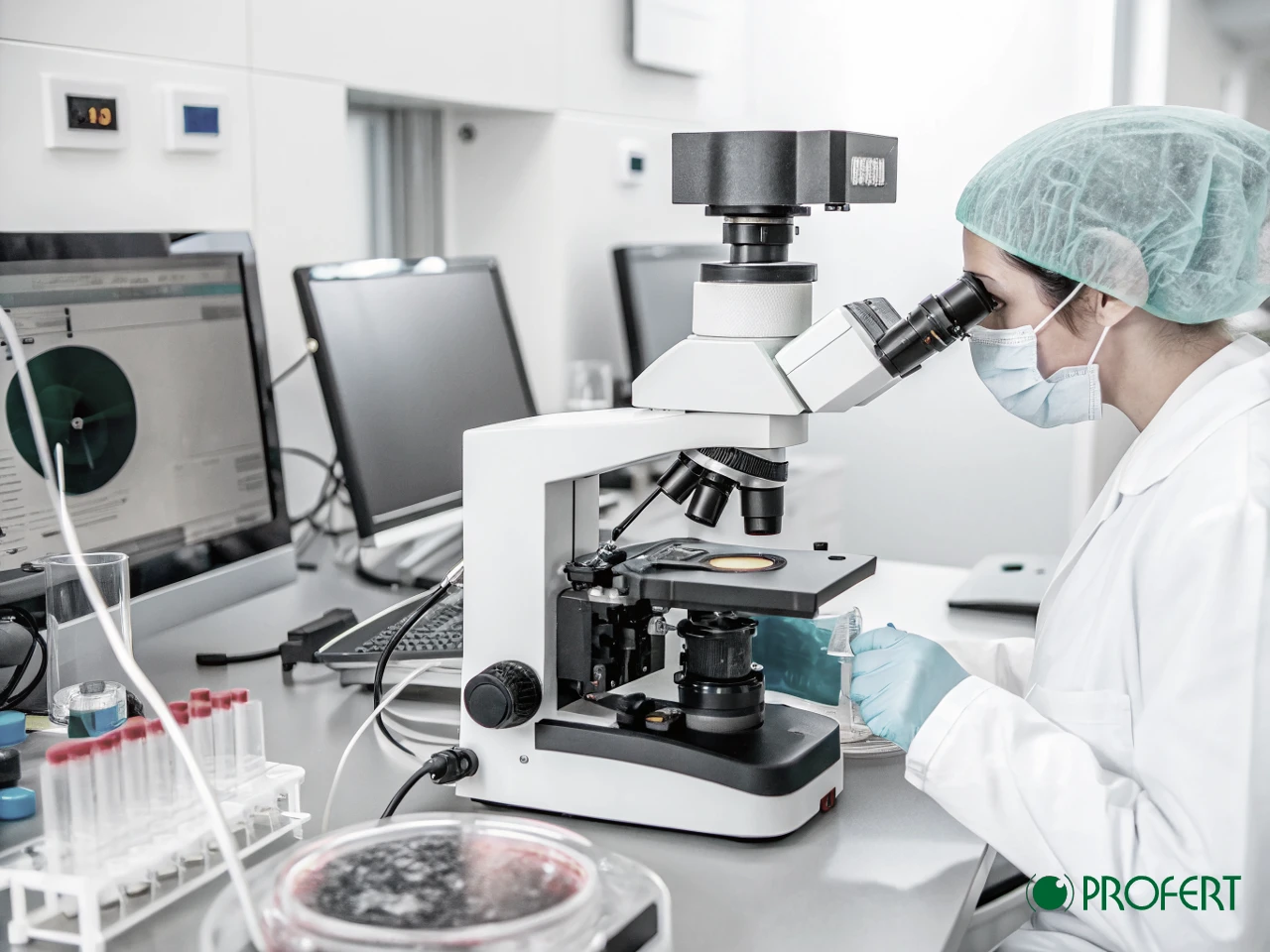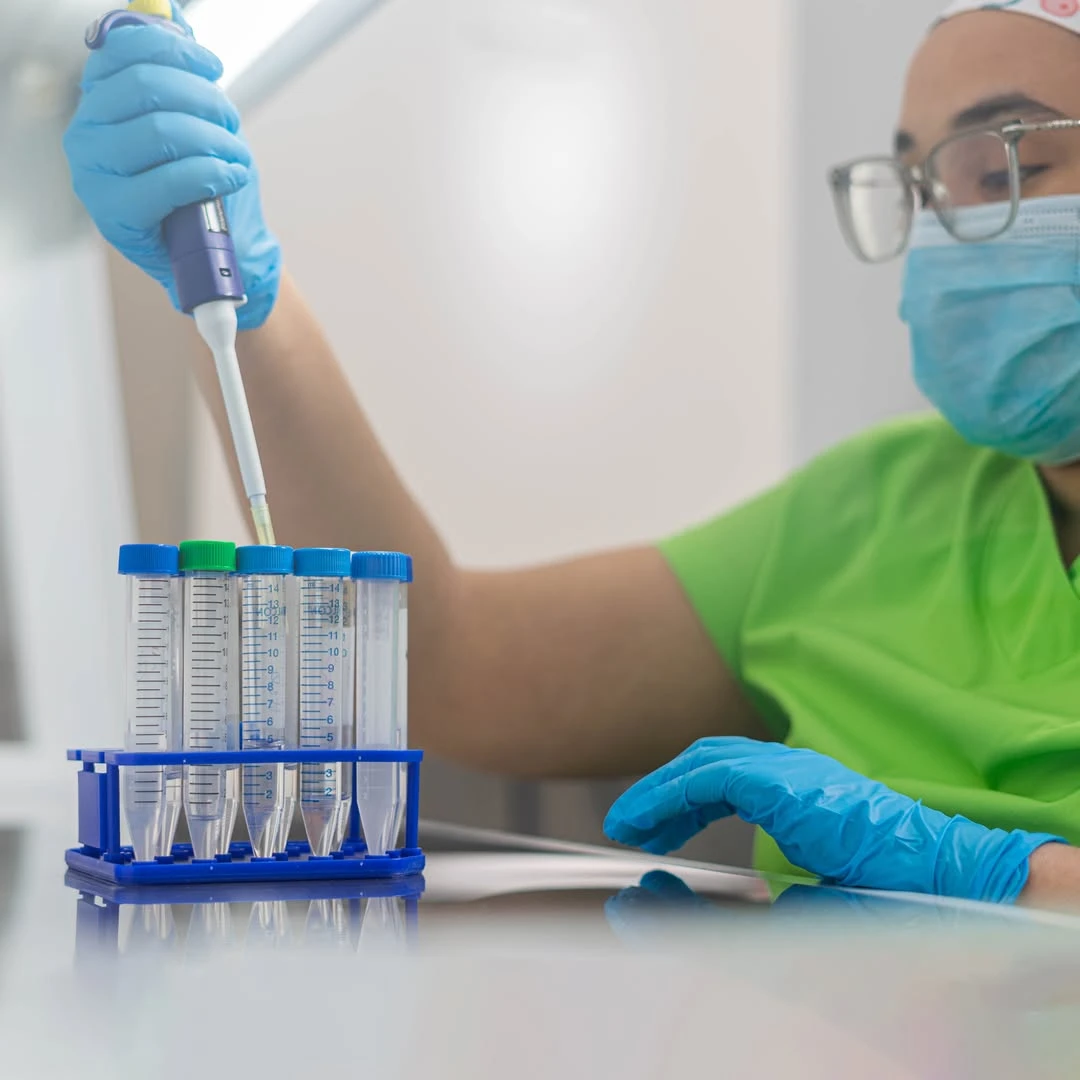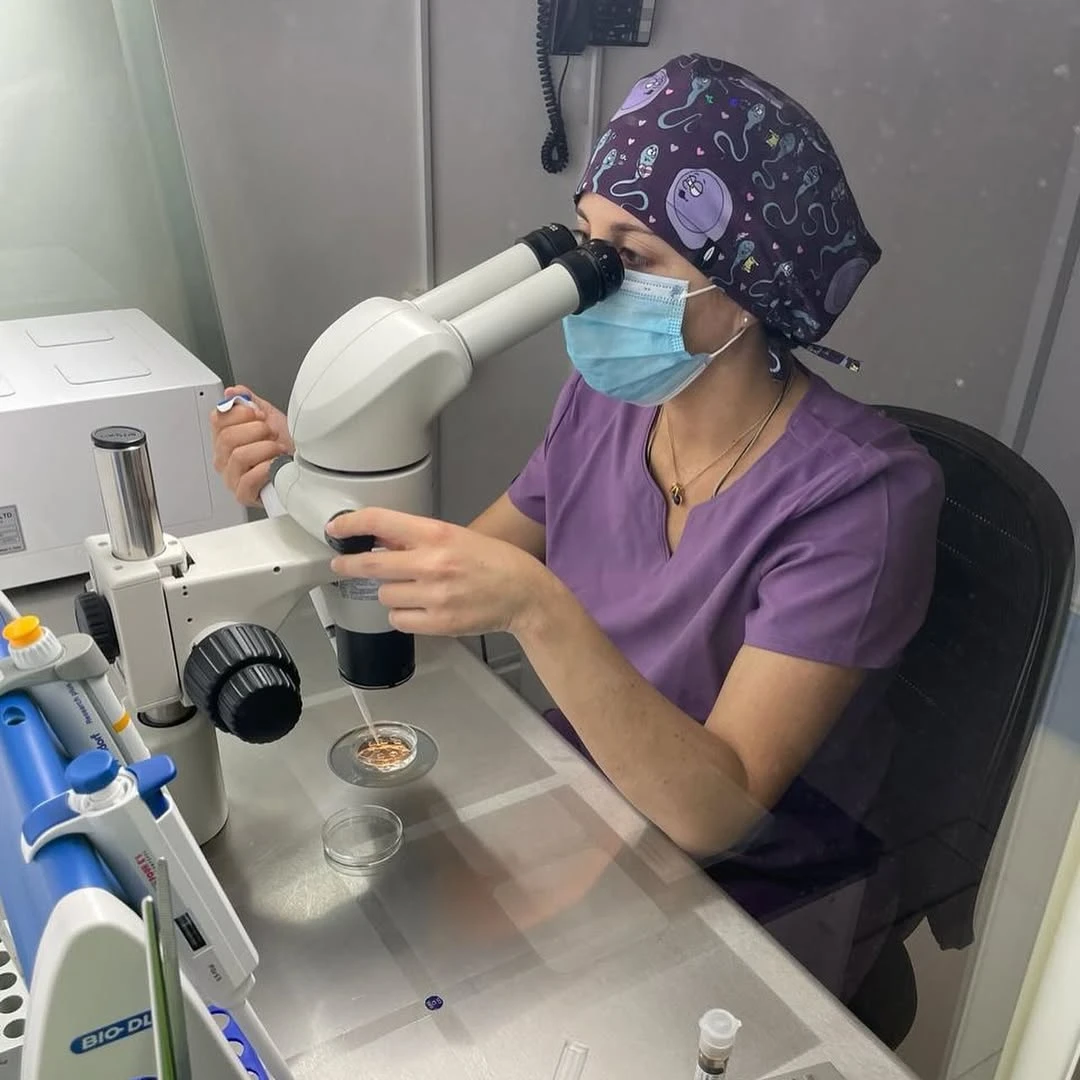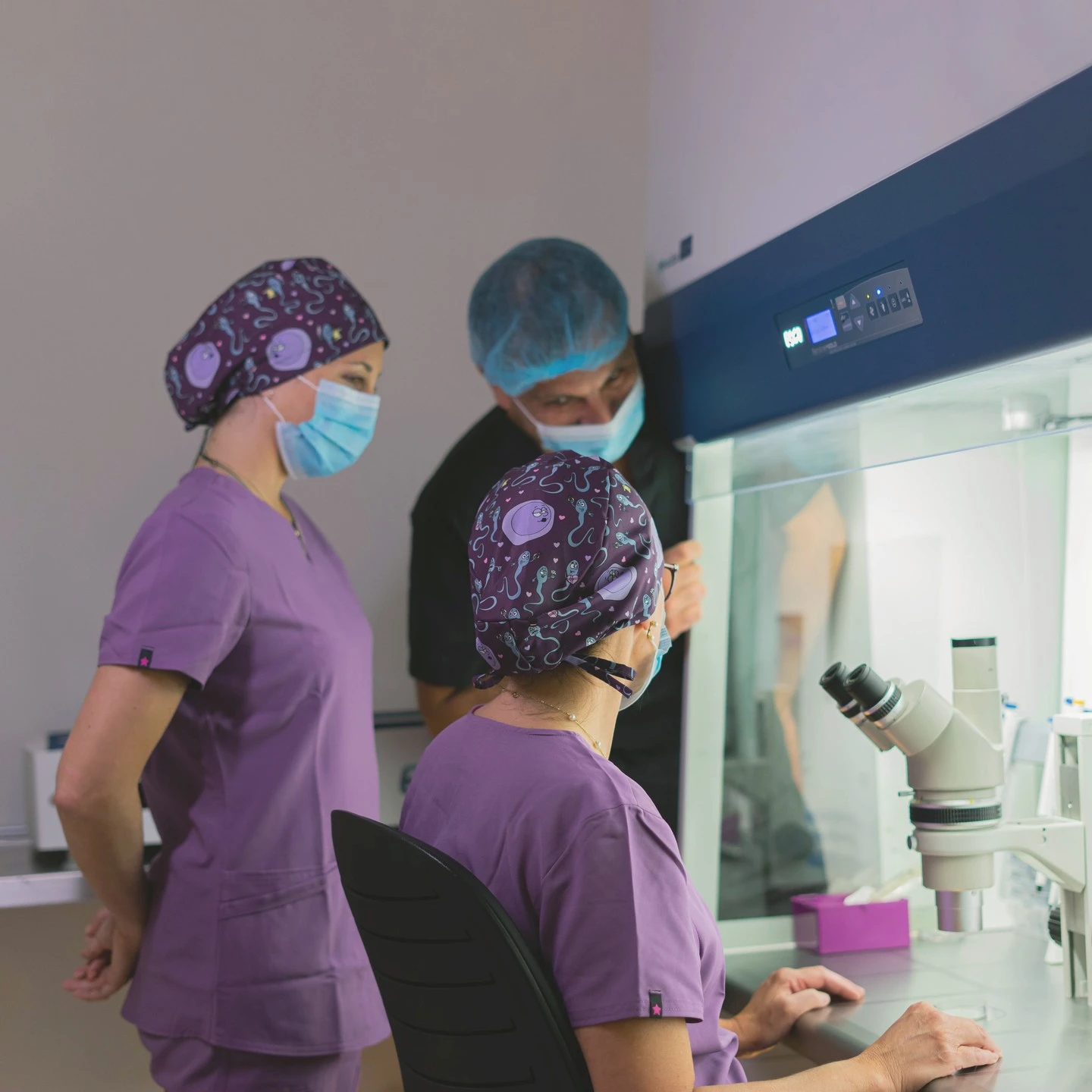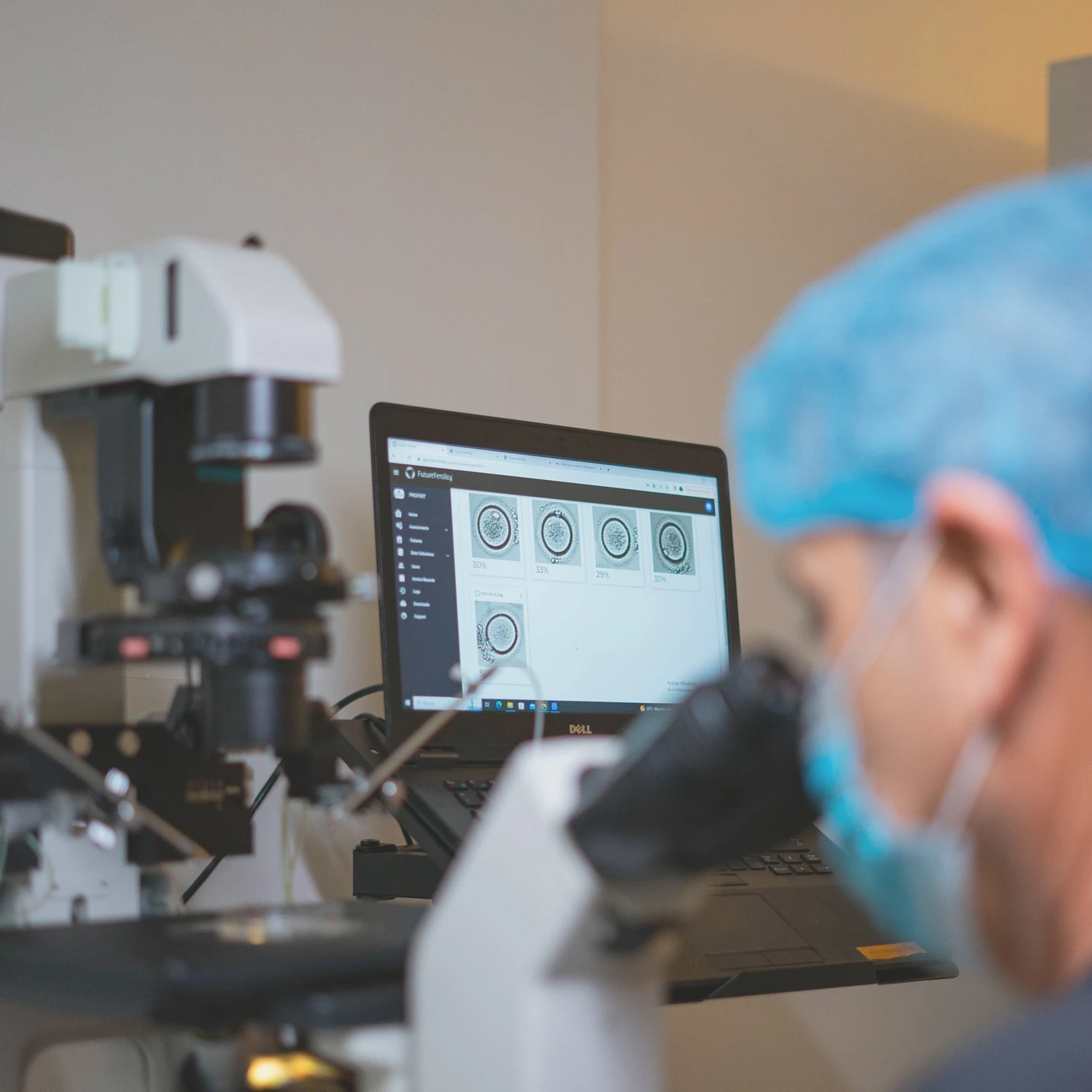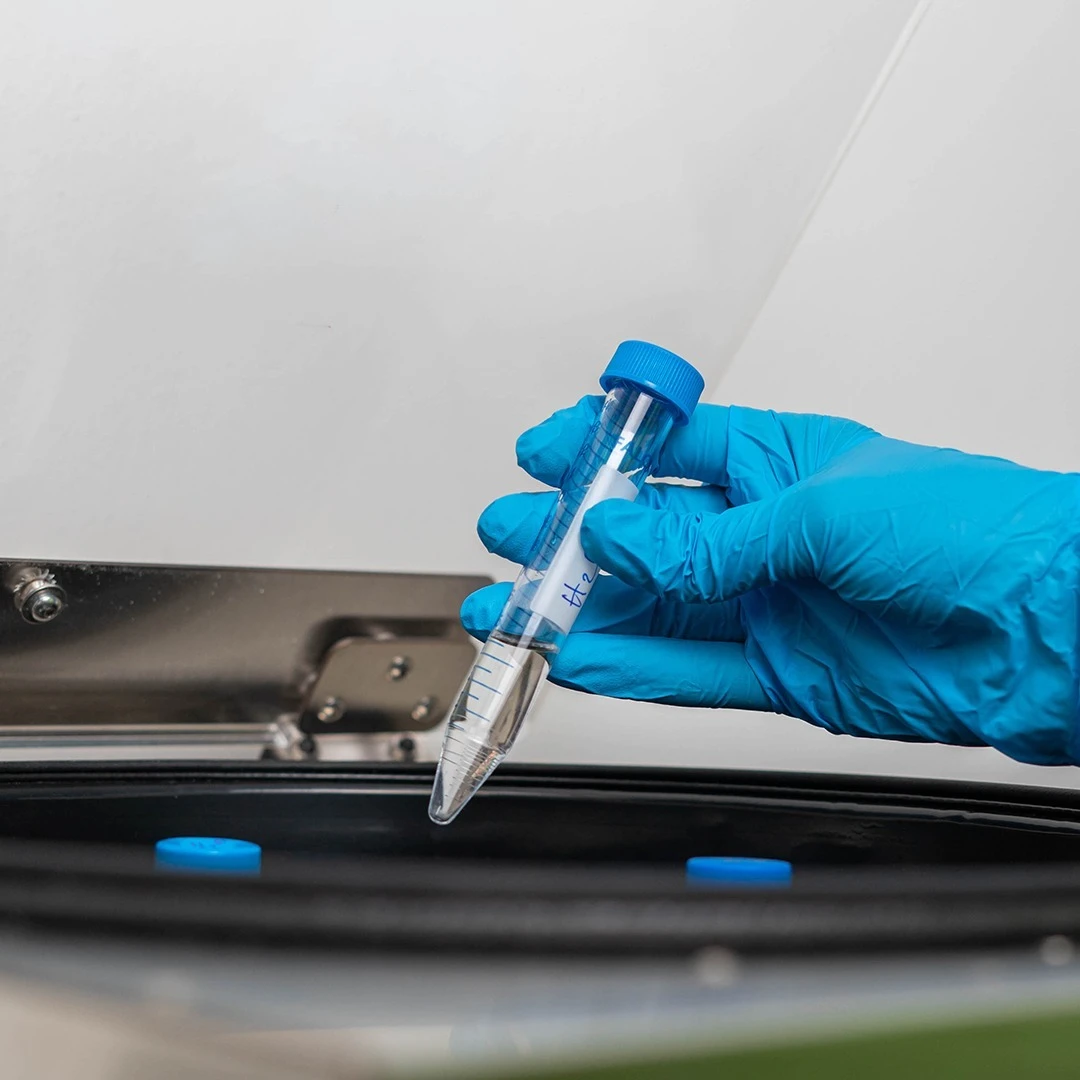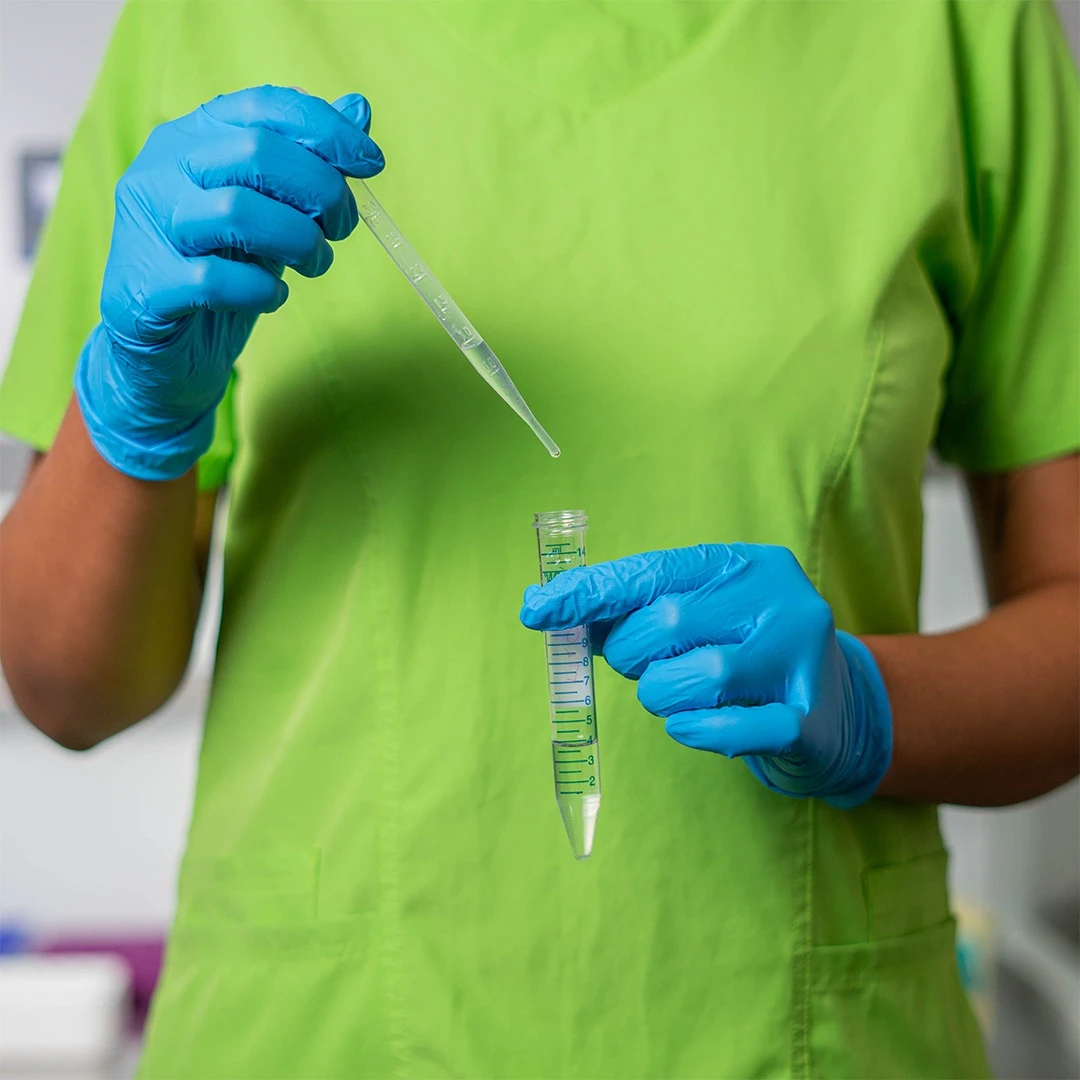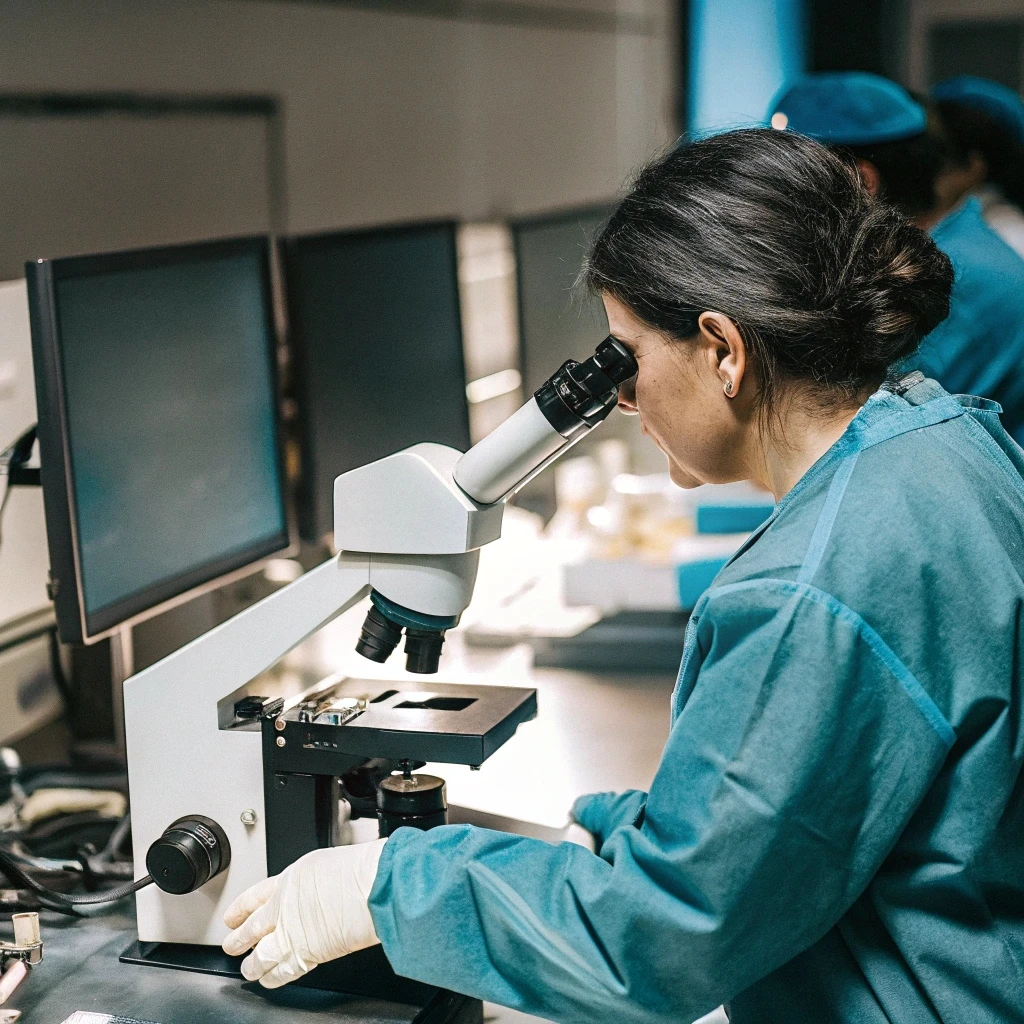For couples facing male factor infertility, ICSI is a highly effective procedure that increases the chances of fertilization. This advanced technique is performed in a specialized lab as part of the IVF process.
How ICSI Works
- A single sperm is carefully injected directly into an egg to aid fertilization.
- The procedure is performed by an embryologist using precise lab techniques.
- A tiny pipette holds the egg in place while a fine needle injects the sperm.
- The process takes just a few seconds, and the egg returns to its normal shape within a minute.
- If fertilization is successful, the resulting embryo is transferred to the uterus within 5-6 days.
Why Choose ICSI?
ICSI has transformed male infertility treatments, making it one of the most effective options available. Fertilization rates reach up to 85% in non-severe cases, and even in more challenging cases, specialized sperm extraction techniques like TESE or TESA can be used.
ICSI continues to advance, offering hope to aspiring parents. If you’re struggling with male infertility, ICSI may be the key to making your dream of parenthood a reality.
ICSI FAQs – Simplified
How was ICSI developed?
ICSI was a groundbreaking discovery in fertility treatment. In 1991, a Belgian doctor successfully injected a single sperm directly into an egg, solving many male infertility issues like low sperm count and poor motility. This technique has since helped many couples conceive, even using sperm retrieved directly from the testis or previously frozen samples.
What can prevent sperm from fertilizing an egg?
Several factors can make fertilization difficult:
- Low sperm count
- Poor sperm movement
- Inability to penetrate the egg
- Hormone imbalances, infections, injuries, or stress
What if a man can’t produce sperm?
In most cases, doctors can extract sperm from the reproductive system to use for fertilization.
Can a man have children after a failed vasectomy reversal?
Yes! Even if a vasectomy reversal doesn’t work, sperm can often be retrieved and used for fertilization.
What are TESA and TESE?
TESA (Testicular Sperm Aspiration) and TESE (Testicular Sperm Extraction) are procedures where doctors extract small tissue samples from the testes. If sperm are found in the sample, they can be used in ICSI to create embryos. These methods offer hope to men with vasectomies, blocked reproductive pathways, or other fertility challenges.
